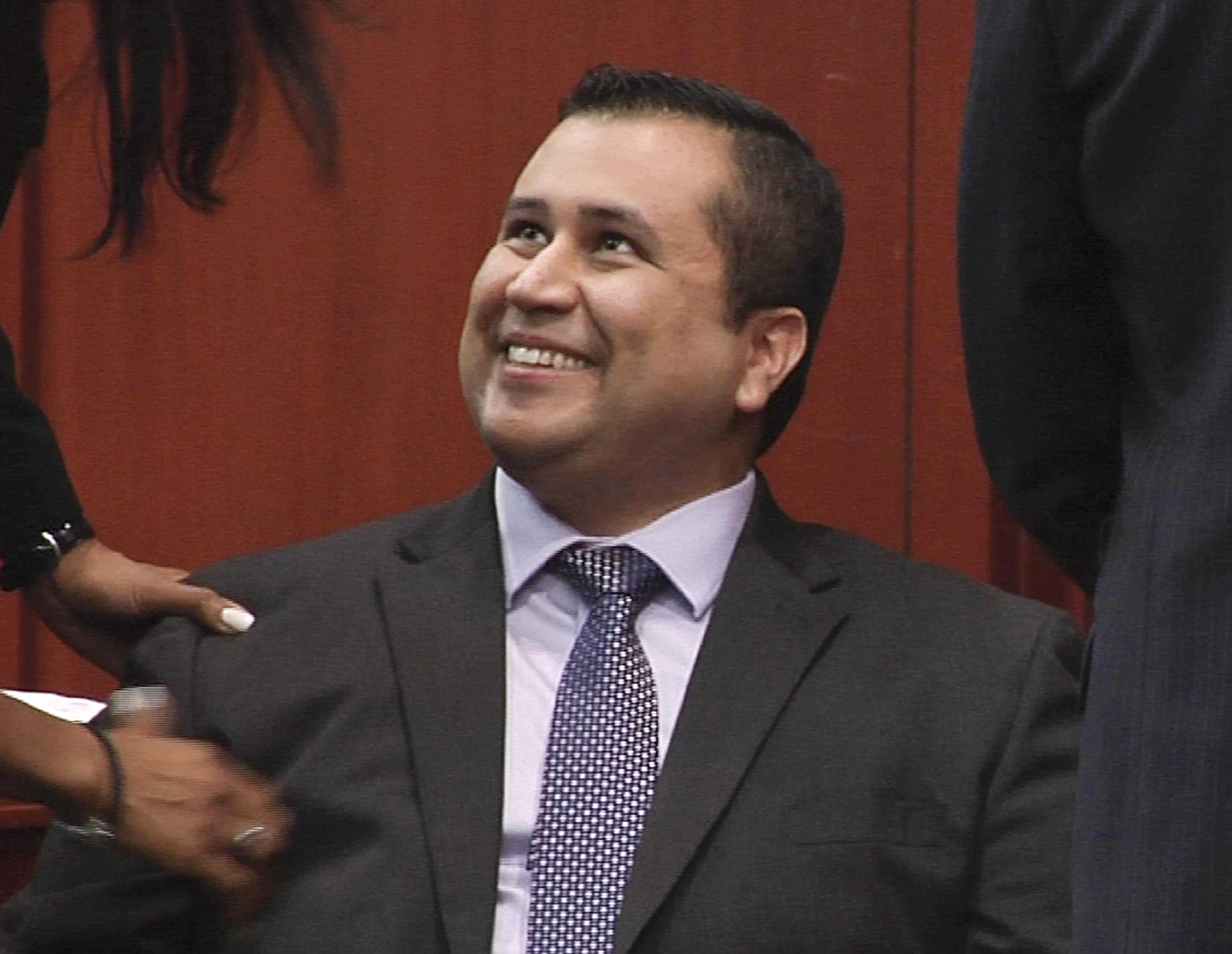A Florida jury acquitted George Zimmerman of charges of second-degree murder and manslaughter Saturday night in a case that alternately fascinated and appalled large segments of a spellbound America.
The saga of Zimmerman's shooting of an unarmed African-American teenager named Trayvon Martin whittled into the American vernacular, transforming "hoodie" sweatshirts into cultural markers, and provoking a painful re-examination of race relations in the country. Even the racial and ethnic identity of Zimmerman — he has a white father and a Hispanic mother — demanded a reordering of conventional paradigms. He was frequently referred to as a "white Hispanic," a term that, for some, reflected a newly blended America and, for others, felt like an uncomfortable middle ground.
Attorneys fought over Zimmerman's fate in a heavily guarded and windowless fifth-floor courtroom, calling more than 50 witnesses during three weeks of testimony before a sequestered six-woman jury. Afternoon thunderstorms sometimes shook the building, but the participants could see nary a drop of rain as they relived the night in February 2012 when Zimmerman killed Martin after spotting the 17-year-old walking through his gated community in the rain.


















With your current subscription plan you can comment on stories. However, before writing your first comment, please create a display name in the Profile section of your subscriber account page.